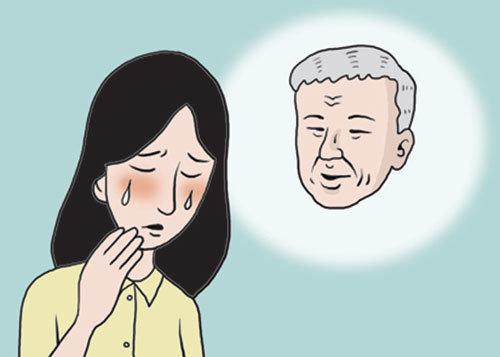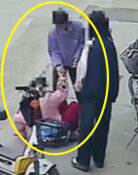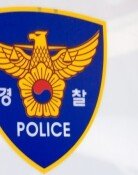Our hidden cheerleaders
Our hidden cheerleaders
Posted April. 10, 2019 07:41,
Updated April. 10, 2019 07:41

It is no easy thing to get over the sorrow and pain of losing someone we love. Japanese writer Hisashi Inoue talks about this in his script “The Face of Jizo.” In the script, a 23-year-old daughter sees her father, who was killed three years ago when Hiroshima was destroyed by atom bombs. As the writer said, the father is in fact a ghost living in her mind, summoned by her sense of guilt and sighs.
The father has felt sorry for his daughter, who still lives with trauma and shudders with fear whenever there are lightning strikes. She also turns a blind eye to her own emotions due to feelings of guilt even if she falls in love with someone. For that reason, the father has turned up to support and be a cheerleader for his own daughter.
The father advises his daughter to accept her emotions and live a happy life, but she shakes her head, feeling sorry for the fact that she made an escape, leaving her father behind. Yet, in fact, it was not a running away. She made desperate efforts to save her father, who was dying of the bombing attacks, but the father sternly told her to leave. To his daughter who thinks that she made a selfish decision to survive and that she doesn’t deserve to live a happy life, the father repeats his last request that she live a life to the fullest. If there’s anything you should feel sorry for, it’s not loving someone but choosing not to love someone, he says.
The story ends with the daughter thanking her father with a smile. Though this would not completely remove her sense of guilt or inner conflicts, she will be able to heal her wounds by living a happier life as asked by her father. Just like the father in the script, those who left us in tragedies may all be cheerleaders who are supporting us and our happy life.







